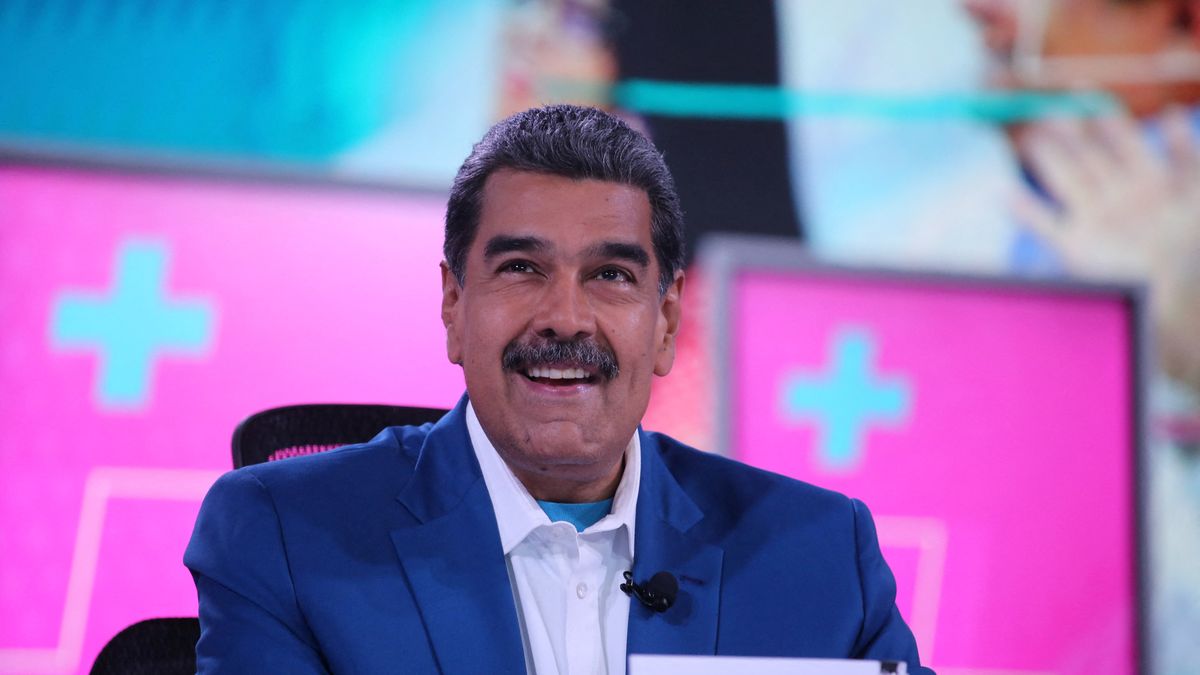Next July 28th, Millions of Venezuelans will elect their next president in a context of renewed international cooperation and optimistic economic measures.
Strengthening the electoral system
In the weeks leading up to the election, the strengthening of the country’s electoral system and the participation of international observers were highlighted. Venezuelan Foreign Minister Yvan Gil and a panel of UN electoral experts discussed the strength and transparency of the Venezuelan electoral system. Gil stressed that they had “the opportunity to highlight the strengths of the Venezuelan electoral system, recognized worldwide as one of the most reliable and transparent.” In addition, the foreign minister stressed that the presence of international observers “reinforces the credibility of the electoral process.”
Mock election and international presence
On June 30, the National Electoral Council (CNE) organized an electoral simulation in which political coalitions from both the ruling party and the opposition participated. The purpose of this activity was to ensure the transparency and efficiency of the official electoral process and to familiarize voters with the voting process. In this framework, Venezuela also invited the BRICS group to observe the elections, thus highlighting the importance of the country in the international arena.
In addition, in the last week before the elections, the Venezuelan electoral authorities will count on the participation of the “Carter Center”, a non-profit, non-governmental institution, which had the opportunity to observe the deployment of the Bolivarian National Armed Forces within the framework of the “Plan República”, focused on safeguarding electoral material and guaranteeing the security of the people for the elections.
They will also be accompanied by international political figures such as former Argentine President Alberto Fernández, former Spanish President José Luis Rodríguez Zapatero, Panamanian Martín Torrijos, former Dominican President Leonel Fernández and Colombian Ernesto Samper, who will meet with all the candidates before the election day.
The current president of Brazil, Lula da Silva, confirmed that he will not travel to Maduro’s country, although he assured that he “will send two members of his electoral justice service to observe the elections, as well as his main foreign policy advisor, former Foreign Minister Celso Amorim.” Along these lines, the Brazilian president clarified, regarding his ties with the Bolivarian country, that he does not want to “fight with Venezuela” and that what interests him is “the relationship between States.”
“Recognition of results” agreement
Likewise, President Maduro and opposition candidates signed an agreement on June 20th before the National Electoral Chamber for the “Recognition of Results.” This commitment seeks to guarantee a peaceful and respectful electoral process, reaffirming the electoral power as the only legitimate authority for the organization of the July elections. This agreement is considered an important step to strengthen confidence in the electoral process.
Migrant return and economic recovery
In parallel, the repatriation program “Misión Vuelta a la Patria” facilitated the return of more than a million Venezuelans. President Maduro called on migrants to return, offering assistance in legal, educational and socioeconomic aspects. “They deserve attention and dignity, and the Venezuelan State puts everything at their service to protect them and help them return to their land,” said Maduro, emphasizing the importance of this initiative for the national resurgence.
Reactivation and economic growth
On the economic front, Venezuela recorded inflation of 1.5% in May, the lowest in 20 years, according to the Central Bank of Venezuela. This figure is in line with the projections of the International Monetary Fund (IMF), which anticipates significant economic growth by 2024. The easing of sanctions by the United States has increased oil revenues and promoted new production agreements, thus favoring the national economy.
With these moves, Venezuela is trying to consolidate a transparent and peaceful electoral process, while facing economic and social challenges. The international community and Venezuelans inside and outside the country remain attentive to the electoral process that will mark the future of the country.
Source: Ambito




